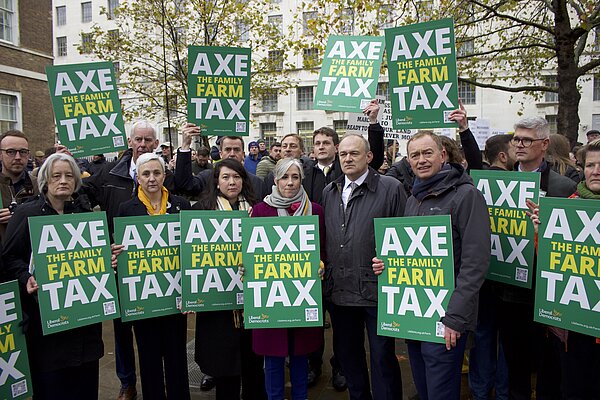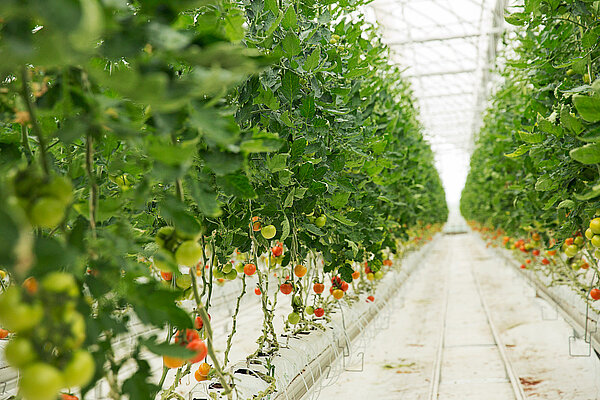Arrest warrants make clear selling arms to Israel ‘abets war crimes’
Carla Denyer, co-leader of the Green Party said:
“The ICC arrest warrants for Benjamin Netanyahu, Yoav Gallant and Mohammed Deif shows that to continue selling arms to Israel is to aid and abet war crimes. It is utterly indefensible.
“The Government must recognise that their approach to the war in Gaza has failed. They must consider far more direct measures to incentivise a ceasefire including an end to arms sales, the introduction of divestments, boycotts and sanctions, prosecutions for all those who have committed war crimes and a plan for a viable Palestinian state.”

